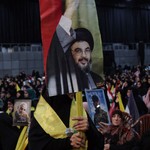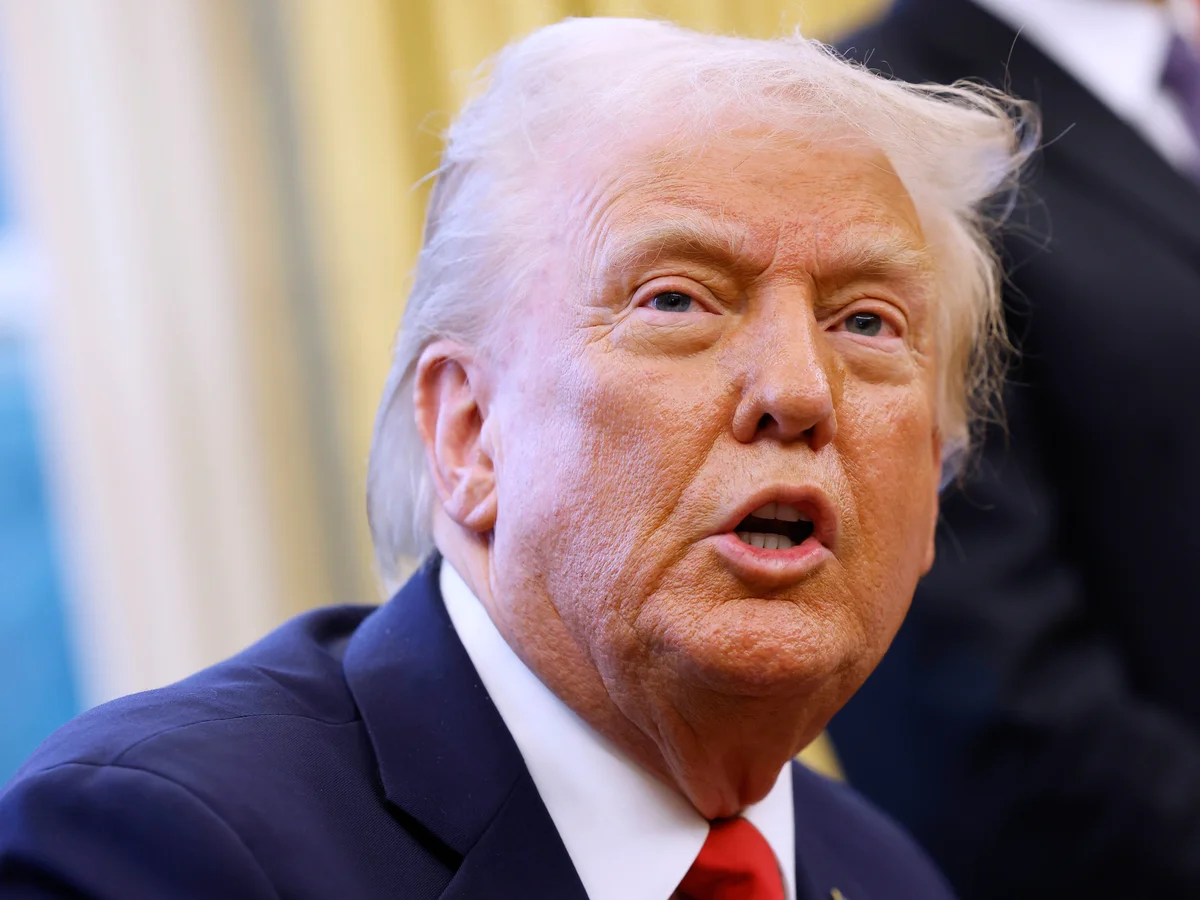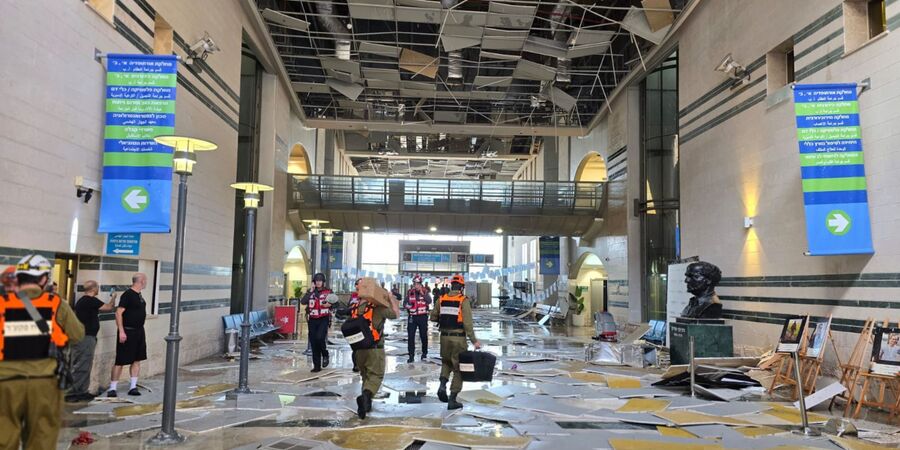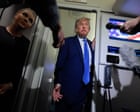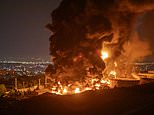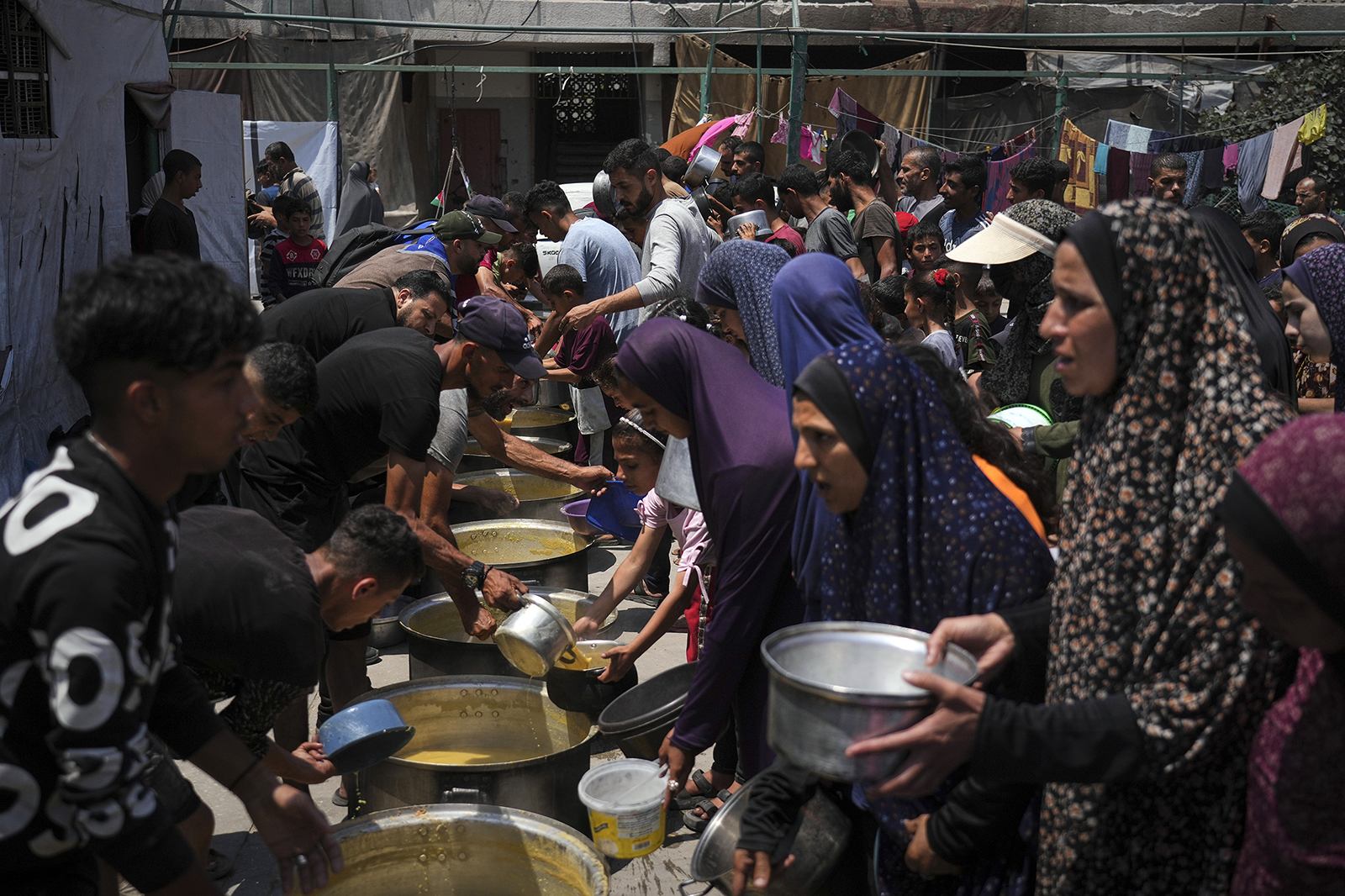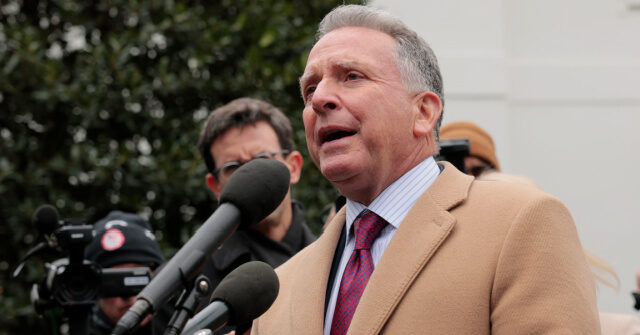Hezbollah chief Hassan Nasrallah has been killed, the Lebanese movement confirmed on Saturday, dealing a seismic blow to the Iran-backed group that has been engaged in a year of cross-border hostilities with Israel.
Destabilize Lebanon
Hezbollah’s statement confirms earlier announcements from Israel’s military that they had killed Nasrallah in an air strike on Beirut’s southern suburbs, in a move that could destabilize Lebanon as a whole.
Iran’s foreign ministry said the path of Hezbollah chief Hassan Nasrallah would continue despite his killing in an Israeli air strike in Beirut, after a year of cross-border clashes between the two sides.
Path to resistance continues
“The glorious path of the leader of the resistance, Hassan Nasrallah, will continue and his sacred goal will be realised in the liberation of Quds (Jerusalem), God willing,” foreign ministry spokesman Nasser Kanani said in a post on social media X, mourning Nasrallah’s death.
You may be interested
Lebanon’s Hezbollah group, armed and financed by Iran, on Saturday confirmed Nasrallah had been killed, after Israel said it had “eliminated” him in an air strike a day earlier.
The statement confirmed he was killed with other group members “following the treacherous Zionist strike on the southern suburbs” of Beirut.
Iranian vice president Mohammad Javad Zarif also expressed his condolences, praising Nasrallah as a “symbol of the fight against oppression.”
Hezbollah is listed as terrorist group by the United States.
A black flag for mourning was hoisted at the Shiite Islam holy Imam Reza shrine in Iran’s northeastern city Mashhad, according to the local Tasnim news agency.
Mourners gathered there, waving yellow Hezbollah banners, along with Iranian flags as they chanted, “Death to Israel,” state TV showed.
Lebanon’s health ministry gave a preliminary toll of six dead and 91 wounded from the latest strikes on Beirut’s densely populated southern suburbs since Friday, the fiercest to hit Hezbollah’s stronghold since Israel and the group last went to war in 2006.
Israeli “massacre” in Lebanon
Earlier on Saturday, Iran’s supreme leader Ayatollah Ali Khamenei condemned what he called an Israeli “massacre” in Lebanon and lambasted the “shortsighted” Israeli policy.
Rarely seen in public, Nasrallah enjoyed cult status among his Shiite Muslim supporters, and was the only man in Lebanon with the power to wage war or make peace.
Israel’s army chief Lieutenant General Herzi Halevi on Saturday said: “The message is simple, anyone who threatens the citizens of Israel – we will know how to reach them.”
The military also said “most of the senior leaders of Hezbollah have been eliminated”, after having announced earlier the deaths of Hezbollah commanders Muhammad Ali Ismail and Ali Karake, among others.
‘Very sophisticated’
The military added that it had hit over 140 Hezbollah targets in Lebanon since Friday night.
It continued to pound Hezbollah’s south Beirut stronghold into Saturday, sending panicked families fleeing.
One strike hit the second and third floors of a building, a Lebanese security official said.
An AFP photographer said dozens of buildings have been destroyed.
The blasts that rocked southern Beirut late Friday were the fiercest to hit the area since Israel and Hezbollah last went to war in 2006.
In the Haret Hreik neighborhood, an AFP photographer saw craters up to five meters wide.
After Friday’s heavy strikes, Israel issued fresh warnings for people to leave part of the densely populated Dahiyeh suburbs before dawn.
Hundreds of families spent the night outside, in central Beirut’s Martyrs’ Square or along the seaside boardwalk.
Israel’s military also announced strikes Saturday on the Beqaa area in eastern Lebanon and on the south.
It said a surface-to-surface missile fired from Lebanon fell in an open area in central Israel and another was intercepted in the north.
Early Saturday, Hezbollah claimed a rocket attack on kibbutz Kabri in northern Israel.
It later said it launched “a salvo of Fadi-3 rockets” towards the Ramat David airbase in northern Israel.
Israeli Prime Minister Benjamin Netanyahu has vowed to keep fighting Hezbollah until the northern border with Lebanon is secured.
“Israel has every right to remove this threat and return our citizens to their homes safe,” he said.
‘Outrageous threats’
Israel has raised the prospect of a ground operation against Hezbollah, prompting widespread international concern.
“We must avoid a regional war at all costs,” UN chief Antonio Guterres told world leaders, again appealing for a ceasefire.
Diplomats have said efforts to end the war in Gaza were key to halting the fighting in Lebanon and bringing the region back from the brink.
Hamas’s October 7 attack on Israel resulted in the deaths of 1,205 people, mostly civilians, according to an AFP tally based on Israeli official figures that include hostages killed in captivity.
Of the 251 hostages seized by militants, 97 are still held in Gaza, including 33 the Israeli military says are dead.
Israel’s retaliatory military offensive has killed at least 41,586 people in Gaza, most of them civilians, according to figures provided by the Hamas-run territory’s health ministry. The UN has described the figures as reliable.
The Lebanon violence has raised fears of a wider spillover, with Iran-backed militants across the Middle East vowing to keep fighting Israel.

